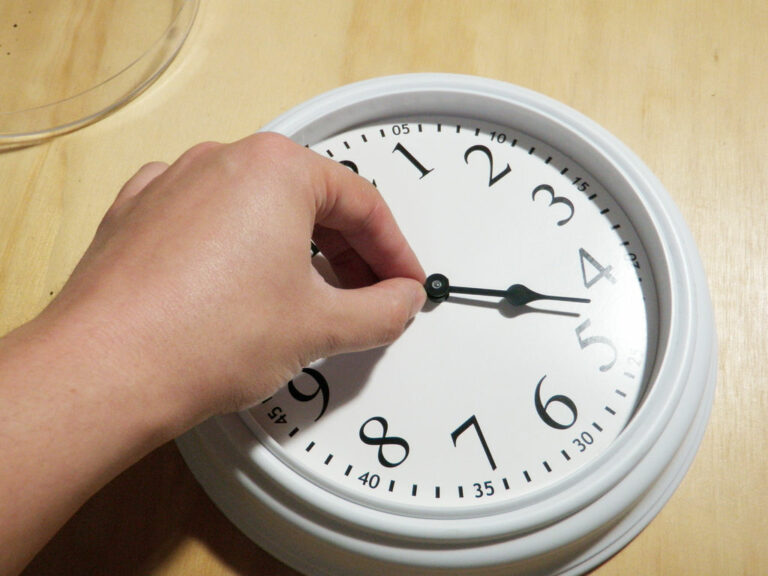84% want Europe to stop changing the clock

Cypriots and Greeks were the only EU citizens to buck the trends, with 53% of Cypriots and 56% of Greeks saying they want the current system of changing the clocks twice a year to remain in force. In all the other EU member states, participants in the survey favoured the abolition of the practice with the Finns and the Poles the strongest supporters with 96%.
The preliminary results also indicate that more than three quarters (76%) of the respondents consider that changing the clock twice a year is a ‘very negative’ or ‘negative’ experience. Considerations related to the negative health impacts, increase of road accidents or the lack of energy savings, were put forward by respondents as motivations to put an end to the change.
ΣΧΟΛΙΑ
Προβολή σχολίων















